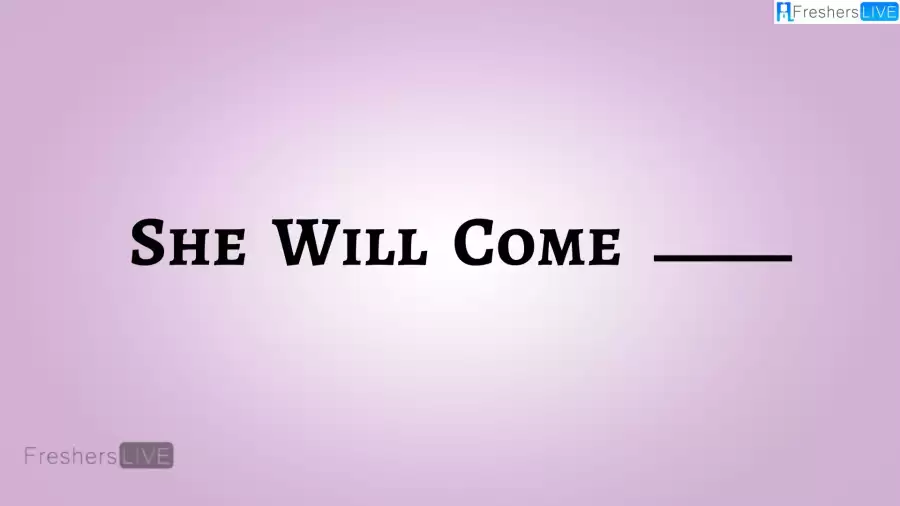Test Your English Grammar with 3 Questions in this Puzzle
by T Santhosh
Updated Sep 22, 2023

Test Your English Grammar with 3 Questions in this Puzzle
Explore the world of grammar puzzles. These puzzles are interesting because they present situations where you need to use your grammar skills and creative thinking. They keep your mind active and might even help you feel less stressed. There are many different grammar challenges to enjoy, including the ones coming up next.
This challenge is a bit tricky and is best for people who are really good at grammar and notice small details. When you become great at solving this type of puzzle, it's not just about having a good time – it gives you skills that can be useful in many parts of your life. Even though the puzzle might seem difficult at first, your goal is to find a solution that follows the grammar rules exactly and uncovers the puzzle's secrets. The next section will explain this grammar puzzle in detail and show you how to solve it.
Challenge your mind with our captivating Brain Teaser and stimulate creativity and analytical thinking with Fresherslive’s daily dose of Brain Teaser and puzzles.
1. She Will Come _____
In the sentence "She will come tomorrow," the word "tomorrow" is used to specify when the action of "coming" will occur. The grammar rule at play here involves the use of "tomorrow" as an adverb of time. An adverb is a word that provides more information about a verb, in this case, the verb "will come." "Tomorrow" is used to indicate that the action, in this case, her arrival, is going to happen in the future, specifically on the day following the current day. "Tomorrow" helps us understand when something is going to happen, in this case, in the future, but specifically the very next day.

2. She Works _____ a Factory
In the sentence "She works in a factory," the word "in" is used to indicate the location or place where the action of working takes place. The grammar rule here involves the use of "in" as a preposition. Prepositions are words that show the relationship between nouns (in this case, "factory") and other words in the sentence. "In" is used to tell us where someone works, and it helps specify the place. In simpler terms, when someone says, "She works in a factory," they are explaining that the place where she goes to do her job is a factory. "In" is used to show this connection between her job and the factory location.

3. I will _____ the Stairs
In the sentence "I will take the stairs," the word "take" is used to describe the action of choosing to use the stairs instead of an elevator or some other means of getting to a higher or lower level. The grammar rule here involves the use of "take" as a verb. A verb is a word that expresses an action or state of being. In this sentence, "take" indicates the action of deciding to use the stairs. In simpler terms, when someone says, "I will take the stairs," they are saying that they have decided to use the stairs as their way of moving up or down instead of using something else like an elevator. "Take" is used to show this action or choice.

Solve the equation (18 + 7) × 5 ÷ 13 = ?
Let's take this algebraic equation: (18 + 7) × 5 ÷ 13 = ? Start by adding the numbers inside the parentheses: 18 + 7 equals 25. Now, multiply 25 by 5 to get 125. Finally, divide 125 by 13 to unveil the answer to (18 + 7) × 5 ÷ 13, which is approximately 9.62 (rounded to two decimal places).
Calculate the value of (42 - 9) × 4 ÷ 6 = ?
Let's take this algebraic equation: (42 - 9) × 4 ÷ 6 = ? Begin by subtracting the numbers inside the parentheses: 42 - 9 equals 33. Next, multiply 33 by 4 to obtain 132. Finally, divide 132 by 6 to determine the solution to (42 - 9) × 4 ÷ 6, which is 22.
Test Your English Grammar with 3 Questions in this Puzzle FAQs
Grammar puzzles are challenges that test your understanding of grammar rules through word or sentence manipulation.







